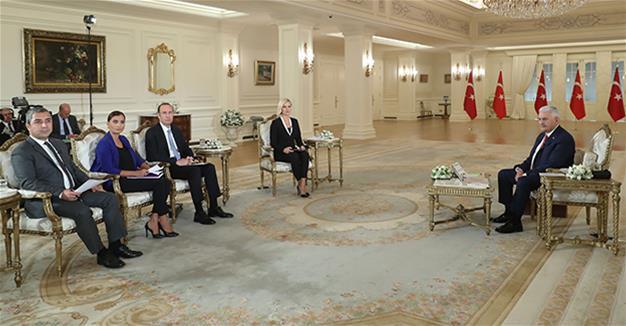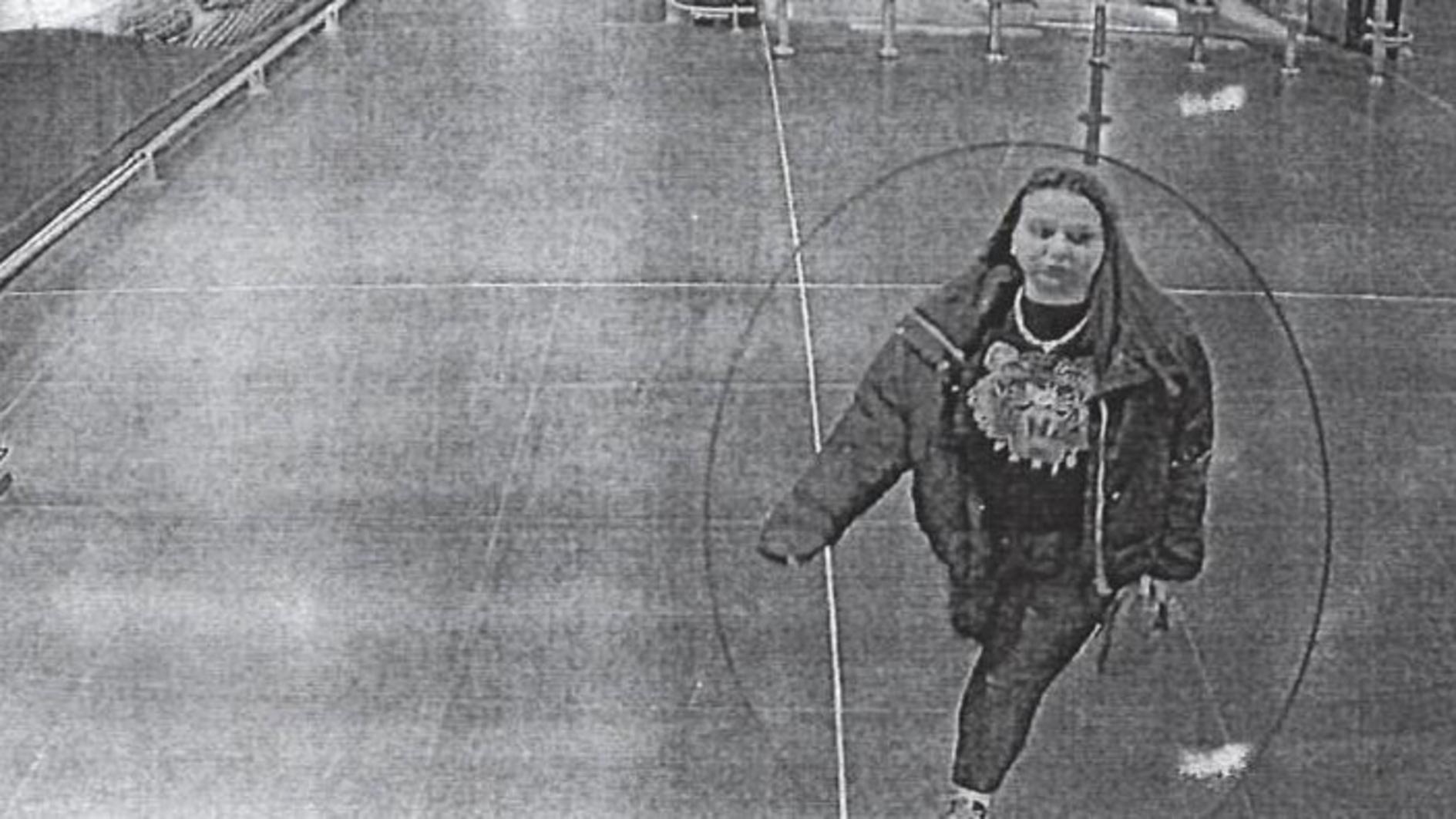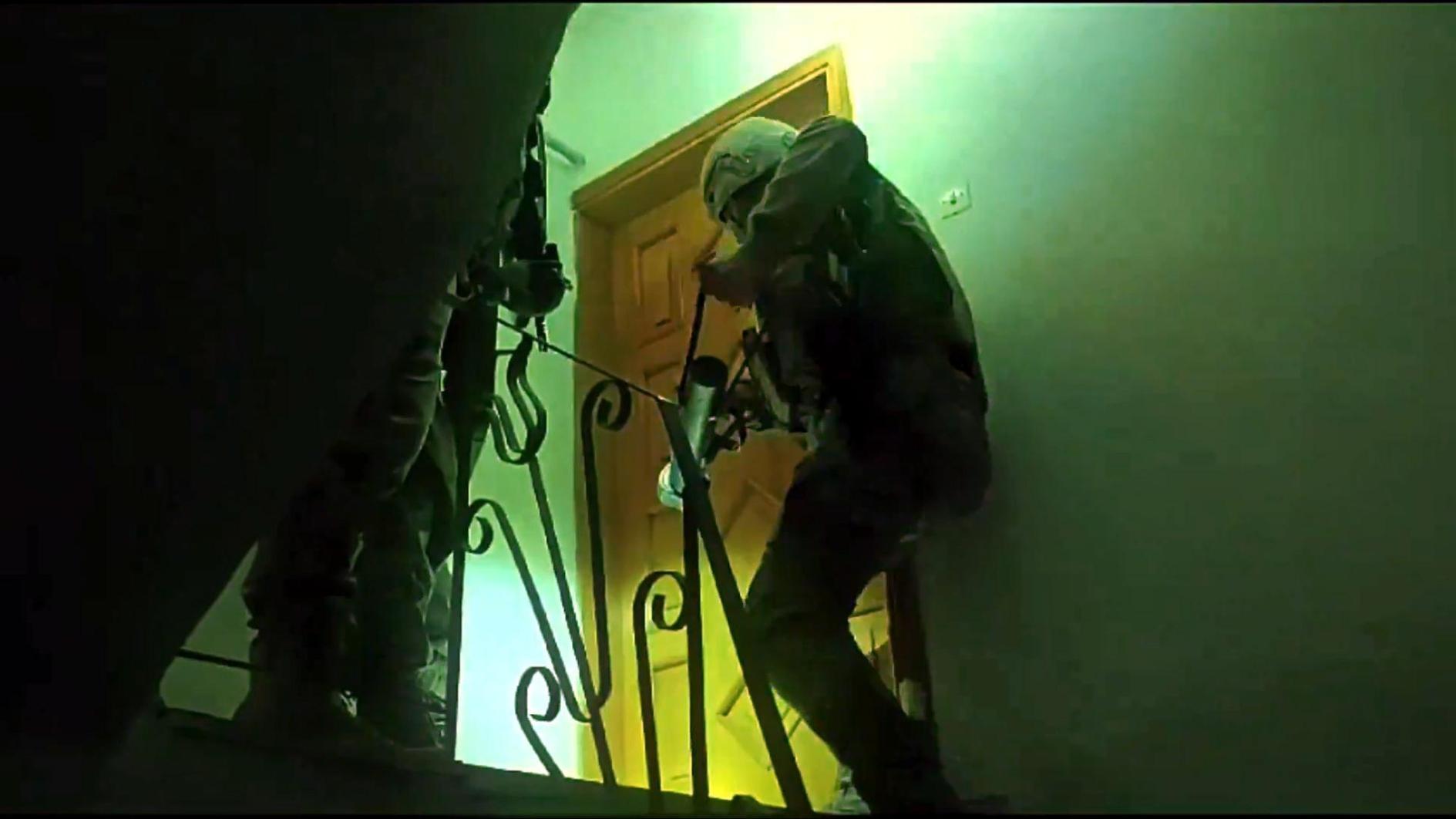Turkey to act if Iraqi Kurdish referendum poses security risk
ANKARA / ISTANBUL

Turkey is determined to take action if its national security is threatened, officials vowed on Sept. 25, as the Kurdistan Regional Government (KRG) pressed ahead with an independence referendum despite pressure and warnings from Baghdad, Turkey, Iran and the international community.
President Recep Tayyip Erdoğan said the “separatist” referendum was unacceptable and vowed that economic, trade and security counter-measures would be taken.
“Irrespective of the result, we see this [referendum] as null and void and say it is illegitimate,” Erdoğan said at a meeting in Istanbul.
Prime Minister Binali Yıldırım said Turkey will not “embark on an adventure” but it will respond if its interests are harmed.
“We will not enter an adventure unexpectedly in any way, but if there is an attitude that will harm the interests of our country, we will give respond without delay,” Yıldırım said on Sept. 25 in an interview jointly broadcast on TV news stations.
Because the issue has reached the “point of no return,” the upcoming period could herald “unpleasant developments,” Yıldırım said, describing the referendum as a “theater.”
“We will from now on only consider the central government in Baghdad as a legitimate interlocutor, not the KRG based in Arbil,” he added.
Erdoğan urged the KRG to take a step back and appeared to threaten the northern Iraq administration with a possible cross-border operation.
“We are taking and will continue to take all necessary steps on the political, economic, trade and security fronts. The armed forces did not take necessary steps in Silopi for no reason. There will be no compromise,” he said, referring to the military exercise currently in progress on Turkey’s Iraqi border.
“We have a 911-kilometer border with Syria. We will never allow such a formation of [terror states]. All options are on the table regarding Iraq and Syria. We are now taking new steps. We did this with the Euphrates Shield Operation [in Syria], when we cleared a 2,000-square kilometer area of [the Islamic State of Iraq and the Levant] ISIL. We will not refrain from doing the same in Iraq,” Erdoğan added.
The Turkish president also reportedly discussed the issue on the phone with Russian President Vladimir Putin, who is due to visit Ankara on Sept. 28.
Foreign Minister Mevlüt Çavuşoğlu, meanwhile, vowed that Turkey would intervene militarily if the Turkmen population in Iraq, especially in Kirkuk, is targeted.
KRG Prime Minister Nechirvan Barzani, however, argued that Arbil “has never been a threat to Turkey and will remain not a threat.”
“We do not and will not threaten Turkey’s national security. Neither will we intervene in Turkish affairs - not today and not in the future. We want to be a good neighbor,” Barzani said.
Barzani, the son of KRG leader Masoud Barzani, said he wanted to visit Turkey amid the disagreement but had been denied.
“I want to say on behalf of the people of Kurdistan, and the Kurdistan Regional Government, to reiterate that Turkey does not have a better friend in the area than the Kurds and the KRG. We hope that this relationship, for which we have worked so hard, will not to suffer as a result of [the vote],” he said.
As the voting continued on Sept. 25, Iraq’s parliament demanded that troops be sent to disputed areas in the north controlled by the KRG.
“Parliament demands that the head of the army [Prime Minister Haider al-Abadi] deploy forces in all of the zones the autonomous region of Kurdistan has taken control of since 2003,” a resolution said.
The zones disputed between the Kurds and the federal government in Baghdad are not part of the three provinces in northern Iraq that form the autonomous Kurdish area.
The disputed areas are the oil-rich province of Kirkuk as well as parts of Nineveh, Diyala and Salaheddin provinces.
Most of the disputed areas were conquered by Kurdish peshmerga forces in 2014 in the chaos that followed a sweeping offensive by ISIL.
















